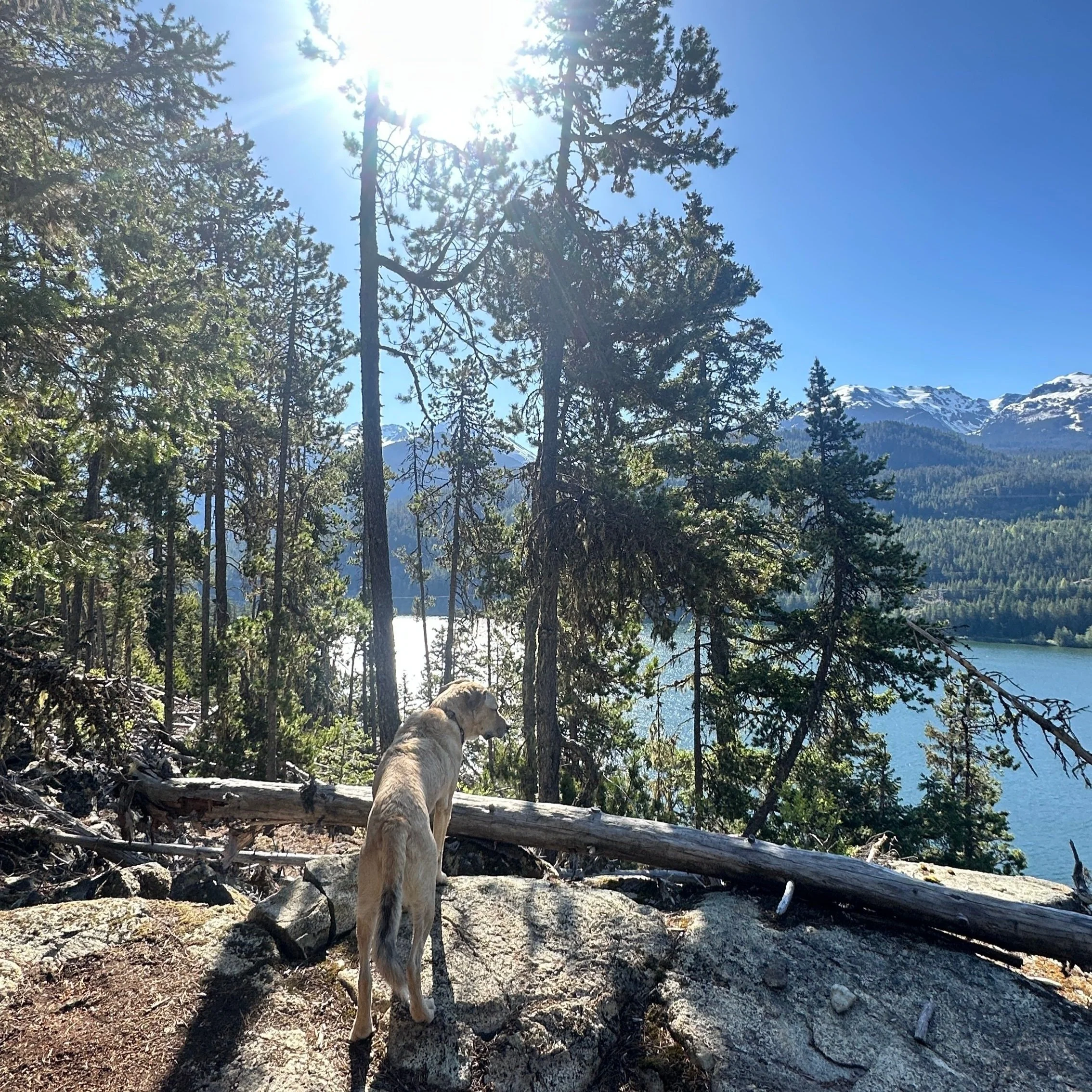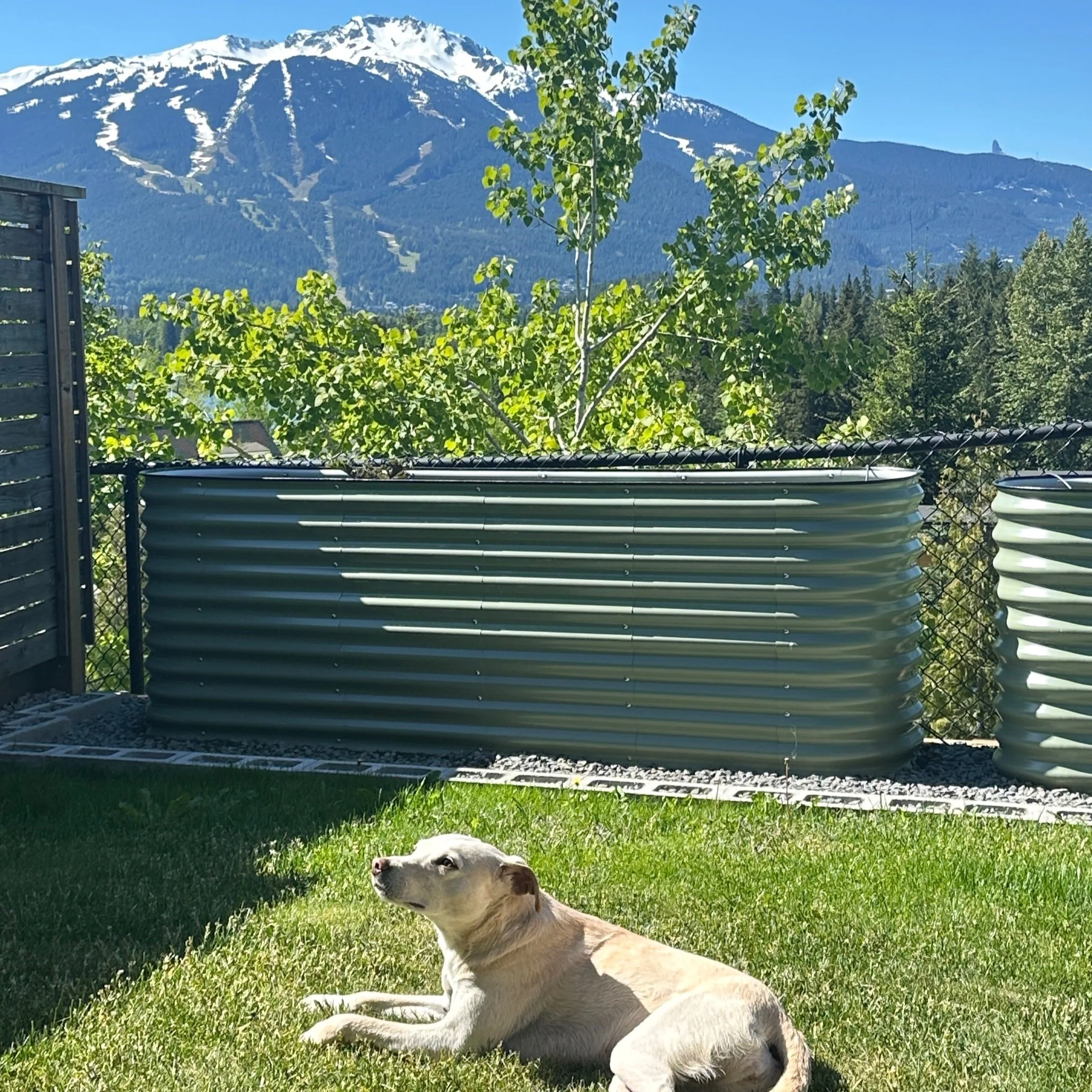Zoning in Whistler: Explained
Whistler’s real estate market is its own unique beast—beautiful, exciting, and a little quirky. When it comes to zoning, it’s not just about location and views… it’s also about how you are able to benefit the most from your Whistler investment.
There are three main zoning types here, and each comes with its own rules around personal usage, renting, and revenues:
Residential
Tourist Accommodation Zoning including:
Phase 1 Rental Covenant
Phase 2 Rental Covenant
Employee-Restricted
Whether you’re dreaming of a full-time mountain lifestyle, understanding the perks of being a local, a part-time getaway with rental income, or an investment that runs itself—knowing the zoning is key to making the right move.
Let’s break it down in plain English 👇
🏡Residential Zoning🏡
(LOng term rentals allowed)
If you’re looking to live in Whistler full-time or have a second home without the hustle of short-term rentals, residential zoning might be your match.
What it means:
You can use the property as your primary residence or personal vacation home.
Nightly rentals (Airbnb-style) are not permitted.
You can rent it out long-term (30+ days) when you’re not using it.
Locations:
Most single-family homes and many townhome neighbourhoods across Whistler are zoned residential.
Perfect for:
Buyers who want to live in Whistler full-time.
Families looking for a community vibe and quieter surroundings.
Investors seeking long-term tenants rather than short-term guests.
This zoning is all about lifestyle and long term investment—ideal if your goal is to put down roots or escape the city without managing vacation rentals.
🏡Tourist Accommodation Zoning🏡
(Phase 1 & phase 2)
In Whistler, we have what’s called ‘Tourist Accomadation Zoning’.
Under the ‘TA zoning’ umbrella is either a Phase 1 or Phase 2 rental covenant that impacts how you can use and rent your property.
These determine how often you can personally use your unit vs rent it out to generate rental income.
✳️ Phase 1 Properties
“Unrestricted Use”
AKA the most flexible.
What it means:
Use your home personally as much as you like—year-round, full-time living allowed.
Rent it out nightly, monthly, or seasonally when you’re not using it.
Choose to self-manage or hire a local property manager.
Locations:
Typically found in non-hotel condo complexes in and around the Village, Benchlands, and Creekside.
Some townhomes and condos in Blueberry neighbourhood.
A few options in Green Lake Estates neighbourhood.
There are only a few areas with single family homes that have the Phase 1 rental covenant: Kadenwood (in Bayshores), Horseman Lane (in Benchlands) and Cypress Place (on Nicklaus North Golf Course).
Perfect for:
Those who want flexibility, and the option to earn revenue while not using it personally.
✳️ Phase 2 Properties
Fun fact: did you know the Whistler hotel room you last stayed in is owned by someone just like you?
The Phase 2 rental covenant is found in hotel-style complexes, and have a turn-key, hands off allure, with some limitations.
How it works:
You can personally use your condo for up to 56 days per year:
These restrictions ensure the property is primarily available for rental use, earning revenue for you.
28 days in the winter (Oct 15–Apr 15)
28 days in the summer (Apr 15–Oct 15)
You simply book your stays in advance through the hotel management.
Then earn hands-off income the rest of the time, as the hotel manages your condo for you.
Sometimes:
If occupancy is under 80%, owners may access additional nights (subject to hotel policies).
Locations:
Hotel-style buildings like the Westin, Pan Pacific, Delta Suites, Cascade Lodge, and others.
Perfect for:
Buyers looking for a low-maintenance investment who don’t need year-round access.
🆚 Which Rental Covenant is Right for You?
Phase 1 is great if you:
✅ Plan to visit Whistler often
✅ Want control over when and how you rent your unit
✅ Prefer to self-manage or to choose your own property manager
Phase 2 is great if you:
✅ Want a more passive income model
✅ Plan to use the unit only occasionally
✅ Like the convenience (and amenities) of a hotel-managed property
🧐 DEEPER DIVE….PHASE 2 FAQs:
Rental Pool Management Agreement
• What is the Rental Pool Management Agreement?
Owners of Phase 2 properties are required to enter into a Rental Pool Management Agreement. This agreement ensures the property is available for rental for a set number of days per year, with revenue pooled and distributed among participating owners.
Rental Income
• Do I earn rental income when I’m staying in my suite?
No. If your suite is booked for personal use, it does not generate rental income during that time.
• Do I earn rental income when my suite is available but not occupied?
Yes. Revenue is shared among all suites in the rental pool that are available for public rental, regardless of occupancy.
IUD number
• What is an IUD number?
IUD stands for Interest Upon Destruction. This number determines your share of ownership in the building and your portion of the rental income. It is calculated based on factors such as the size, location, and views of your suite.
• How does owner usage affect my suite’s earning potential?
Using your suite during peak periods (e.g., weekends or holidays) reduces the rental income you can earn, as those periods often generate higher rates.
Property Taxes
• Who is responsible for property taxes?
Owners are responsible for paying annual property taxes for their unit as billed by the Resort Municipality of Whistler.
Strata Fees
• What do strata fees cover?
Strata fees cover the management of the property, including maintenance, common area upkeep, and administrative costs. Owners will receive details about their specific strata fees directly.
Tourism Whistler Fees
• What are Tourism Whistler (TW) fees?
These fees contribute to marketing and promotion efforts for the Resort Municipality of Whistler to attract visitors to the area (this applies to all TA Zoned properties - Phase 1 and Phase 2).
Insurance
• What does insurance cover?
Strata insurance typically covers the building structure and shared facilities. Owners are responsible for insuring personal belongings and any items stored in their suite.
Utilities & General Maintenance
• What utilities and maintenance are owners responsible for?
Owners must pay for utilities such as hydro and telephone. Maintenance costs, such as periodic deep cleaning of suites, may be deducted from rental income.
Owner usage questions:
• Can I book additional time over the allocated days?
Additional stays may be possible depending on availability and occupancy levels. Approval is typically subject to specific conditions outlined in your rental pool agreement.
• Can I assign my personal usage allowance to guests?
Yes, owners can assign their personal usage allowance to authorized guests by notifying the property manager in advance.
• What is the Furniture, Fixtures, and Equipment (FF&E) reserve?
A percentage of gross rental revenue is withheld to cover routine maintenance and replacements of furnishings and fixtures within the unit.
• What is the rental management fee?
A rental management fee is charged to cover the cost of marketing, bookings, and property operations. This is deducted from the gross rental income.
• When will I receive payments?
Owners typically receive monthly statements detailing rental income, deductions, and net revenue, with payments issued shortly after the end of the month.
Booking Considerations:
• When booking a Friday, you must book a Saturday as well, and visa versa.
Tax Considerations
• How does GST apply to rental income?
GST (Goods and Services Tax) on gross rental revenues is collected and remitted on behalf of owners to the Canada Revenue Agency.
• What about non-resident tax withholding?
Non-resident owners are subject to a 25% withholding tax on gross rental revenue, which may be eligible for a refund when filing a non-resident tax return.
General Usage and Amenities
• Are there common amenities for owners?
Many Phase 2 properties offer shared amenities, such as ski storage, concierge services, and access to lounges or recreational facilities.
• Is parking included?
Parking availability and terms vary by property and are usually outlined in your ownership agreement.
* We support animals at every closing.
🏡 Employee-Restricted Zoning 🏡
(Locals-Only Housing with Affordability in Mind)
Whistler’s Employee-Restricted housing is designed to support the local workforce by keeping a portion of the housing stock affordable and available for people who live and work in the community.
NOTE: this is different from WHA (Whistler Housing Authority) homes.
What it means:
At least one occupant must work in Whistler or the full-time (minimum 30 hours/week), or be a retiree.
Properties must be occupied as a primary residence—no short-term or nightly rentals.
Prices are typically below market value, thanks to resale restrictions and limited buyer pools.
Locations:
Neighbourhoods like Cheakamus Crossing, Rainbow, Nordic, Bayshores, and parts of Spring Creek.
Includes a mix of townhomes, duplexes, apartments, and single-family homes.
Perfect for:
Full-time Whistler employees or business owners.
Locals looking to buy into the market at a more accessible price point.
People are or have been committed to living and working in the community long-term.
➡️. If you’re curious about SHARED OWNERSHIP OPTIONS in Whistler: check out this blog.





